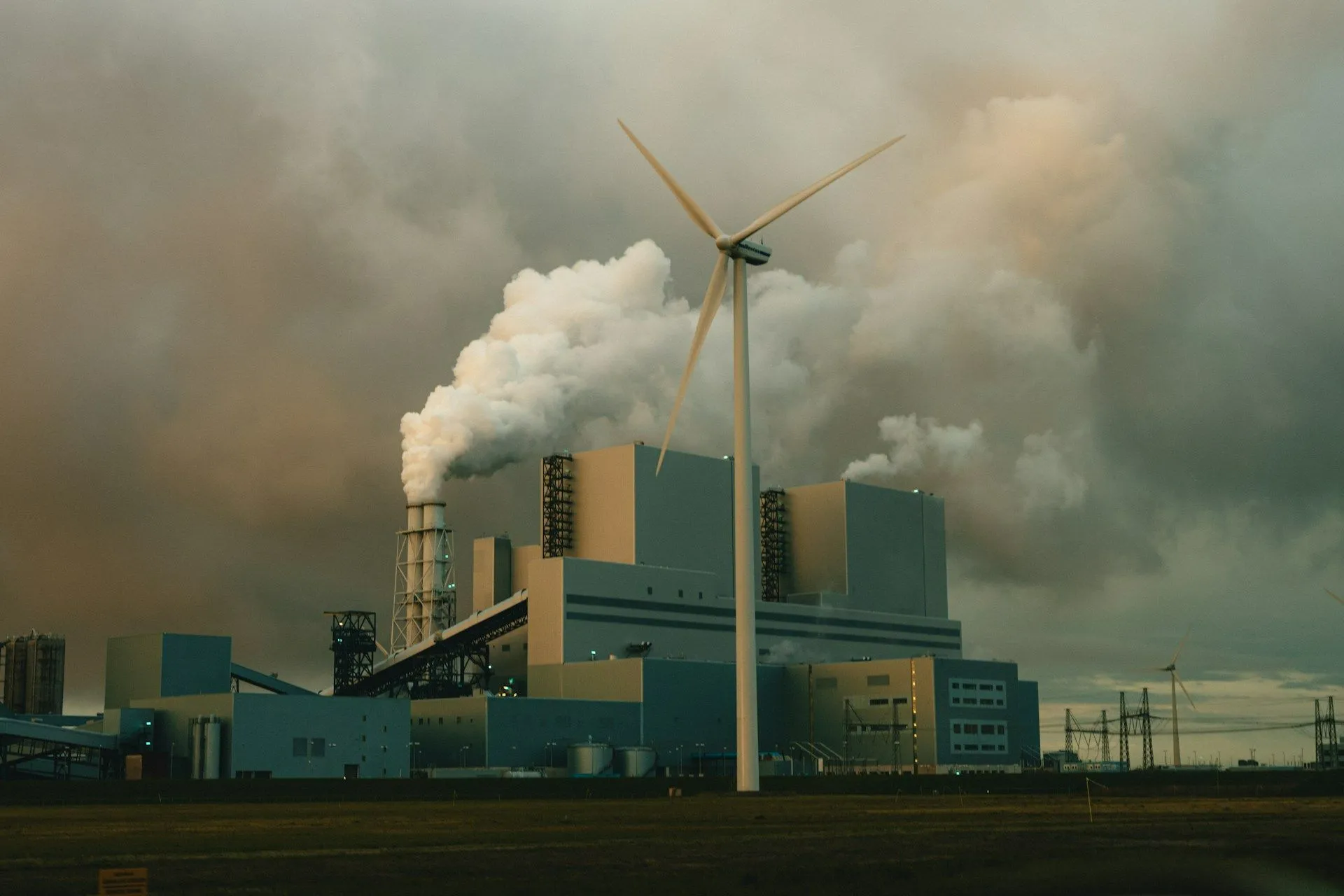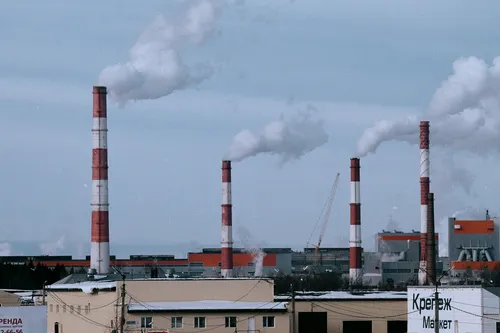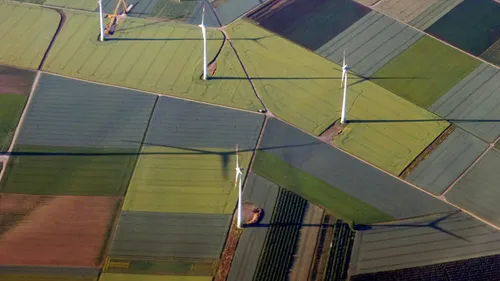Understanding Carbon Footprints
The term 'carbon footprint' is used to measure the amount of emissions or greenhouse gases produced by human activities, both directly and indirectly.
These emissions occur throughout the life cycle, including production, transportation, use, and disposal of products. The most common greenhouse gas emitted is carbon dioxide (CO2), primarily produced by burning fossil fuels such as coal, oil, and natural gas. Methane (CH4) is another important greenhouse gas, released during processes such as agricultural activities and the decomposition of organic waste. As the population and globalization increase, carbon footprints also rise and negatively affect the world's climate.
Before taking further action to change our lifestyle, we must recognize how much change we need to make by looking at our carbon footprint.
Calculating an individual's or organization's carbon footprint involves considering various factors, including energy consumption, transportation habits, waste management, and food choices. By measuring their carbon footprint, individuals and organizations can gain a better understanding of their environmental impact and identify areas where they can make changes to reduce emissions.
Causes of Carbon Footprint
Every activity we do, and every item we use or consume, always has an impact on the environment. Understanding these causes is crucial for implementing effective strategies to reduce our environmental impact. Many of our activities unknowingly create carbon footprints, such as the following:
Vehicle Use
Fossil fuels remain the primary energy source for vehicles and industries. The burning of fossil fuels in vehicles, such as cars, motorcycles, buses, and airplanes, releases carbon dioxide into the atmosphere. According to data from the International Energy Agency, the transportation sector contributes about 30% of total CO2 emissions in Indonesia, with the majority coming from land transportation. Therefore, traveling using fossil fuel vehicles will increase our contribution to global carbon emissions. If using zero-emission vehicles like bicycles is not possible, try to minimize your carbon footprint by walking or cycling for short distances, or using public transportation instead of private vehicles.Electricity and Water Usage
Electricity consumption is another major contributor to carbon footprint. Electricity still heavily relies on non-renewable energy sources, such as coal. The more electrical energy used, the more carbon emissions will be produced from burning fossil fuels at power plants. Additionally, although water is a renewable resource, managing clean water for our use requires a lot of energy derived from non-renewable sources. To reduce the carbon footprint associated with energy consumption, individuals can adopt several strategies, such as using energy-efficient appliances and turning off lights and electronics when not in use. Therefore, try to conserve water and electricity usage in our daily lives.Food Consumption
Food production and consumption also contribute to carbon footprint. The entire life cycle of food, from farming practices to transportation and waste management, generates greenhouse gas emissions. Meat, for example, produces a much larger carbon footprint compared to other food items. This carbon footprint is an accumulation of carbon emissions produced from livestock farming, production, meat processing, and distribution. To reduce the carbon footprint associated with food, individuals can make conscious choices in their eating habits.
Carbon Footprint Impact
The carbon footprint generated by human activities has a significant impact on the Earth's environment and climate. Climate change, rising global temperatures, and sea level rise are some of the direct effects of carbon footprints.
Climate Change: Greenhouse gas emissions, including CO2 and CH4, contribute to the greenhouse effect, where these gases trap solar heat in the Earth's atmosphere, causing an increase in global temperature. Climate change caused by this temperature increase includes shifts in weather and climate patterns, which can affect food production and the availability of clean water.
Rising Earth Temperature: The increase in greenhouse gas emissions also contributes to global warming. The average surface temperature of the Earth has risen by more than 1 degree Celsius since the late 19th century, with most of this increase occurring in recent decades.
Rising Sea Levels: Global warming caused by carbon footprints also contributes to the melting of ice at the Earth's poles, resulting in rising sea levels. This potentially threatens countries and cities located near coastlines.
How to Reduce Carbon Footprint?
Certainly, as individuals, there are various methods we can employ to reduce our carbon footprint in our daily activities.
Transportation
Choose to walk, cycle, or use public transportation for shorter distances.
Use ride-sharing services to reduce the number of vehicles on the road.
Choose more energy-efficient fuels.
Energy Efficiency
Use energy-efficient appliances.
Turn off lights, electronics, and appliances when not in use.
Food Consumption
Reduce meat consumption, especially beef.
Support local and sustainable agriculture by buying organic and locally sourced products.
Minimize food waste and practice proper food storage techniques.
Waste Management
Reduce single-use packaging.
Compost organic waste to divert it from landfills.
Choose environmentally friendly packaging and products with minimal packaging.
Use of Goods
Choose products and services from companies with sustainable practices.
Repair and maintain your belongings.
Buy only what is necessary, and avoid overconsumption.
Reduce consumption of imported goods or food.
By implementing these strategies, individuals can reduce their carbon footprint and contribute to a more sustainable future. It's important to remember that even small changes in our daily habits can make a significant difference if applied collectively.
Midpoint Place, 22nd Floor,
Jl. H. Fachrudin No.26







